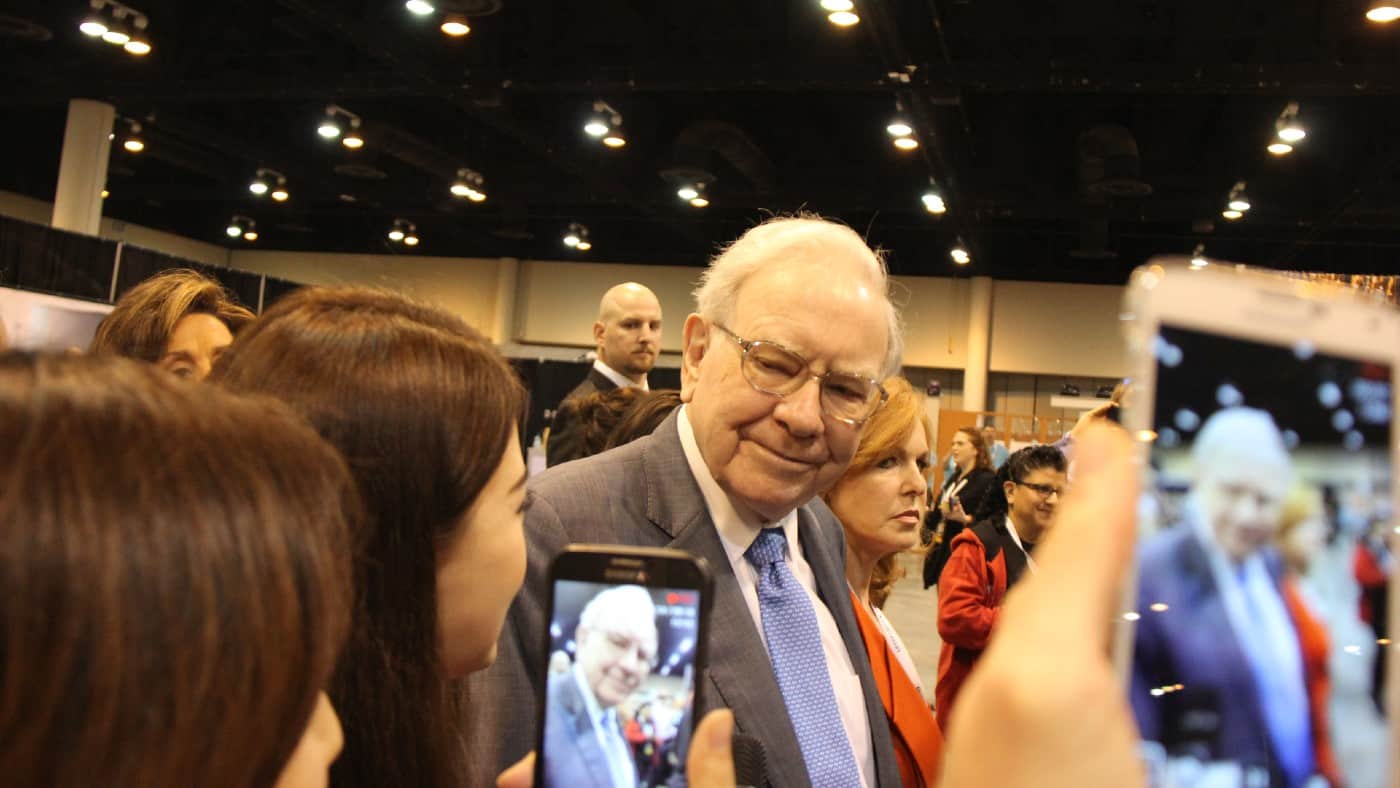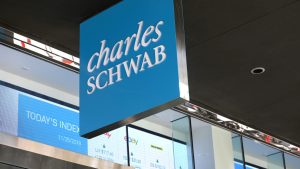Warren Buffett has been investing for over seven decades. He has navigated almost every market environment during this time, including more than one major stock market crash. According to his own admission, his portfolio has declined in value by more than 50% on more than one occasion.
However, although he has experienced multiple market sell-offs, Buffett has never changed his investment strategy. This is something I am trying to copy for my own portfolio.
5 Stocks For Trying To Build Wealth After 50
Markets around the world are reeling from the coronavirus pandemic… and with so many great companies trading at what look to be ‘discount-bin’ prices, now could be the time for savvy investors to snap up some potential bargains.
But whether you’re a newbie investor or a seasoned pro, deciding which stocks to add to your shopping list can be a daunting prospect during such unprecedented times.
Fortunately, The Motley Fool UK analyst team have short-listed five companies that they believe STILL boast significant long-term growth prospects despite the global upheaval…
We’re sharing the names in a special FREE investing report that you can download today. And if you’re 50 or over, we believe these stocks could be a great fit for any well-diversified portfolio.
Rather than trying to time the market and predict the next stock market crash, which is all but impossible, I am focusing on finding the market’s best companies and sticking with these businesses for decades.
With that in mind, here are three Buffett stocks I have been buying as a way to insulate my portfolio from a market decline.
Stock market crash protection
The first company is Buffett’s conglomerate, Berkshire Hathaway (NYSE: BRK-A) (NYSE: BRK-B). This corporation has several qualities that suggest it is the perfect vehicle to own to protect against uncertainty.
Firstly, the firm has one of the most robust balance sheets of any Fortune 500 company. It has almost no debt and $140bn-plus of cash. As well as these resources, the corporation owns $300bn-plus of liquid securities, stocks and shares it can sell at any moment to realise cash.
Not that the enterprise is likely to need cash anytime soon. Berkshire is built around a few core businesses, which are cash cows. From its railway unit to its utility division and insurance arm, the establishment owns some of corporate America’s largest and strongest companies.
Warren Buffett’s reputation
The company’s size also gives it a solid competitive advantage over peers. Thanks to Buffett’s reputation, Berkshire has the pick of business deals. It can buy smaller firms and make deals with larger corporations that would be impossible with other partners.
For example, in the financial crisis, Buffett moved quickly to provide tens of billions of dollars in capital to struggling companies and demand a double-digit interest rate for the privilege.
As such, not only is Berkshire strong enough to survive a stock market crash, but it also has the resources to take advantage of the situation.
Unfortunately, the company’s association with Buffett is also a drawback. The billionaire is not getting any younger and, aged 91, he may not be at the helm for much longer. When he departs, the enterprise will lose its visionary CEO, and it could start to struggle for direction.
Payment giant
Considering the risk outlined above, I have been diversifying away from Berkshire, buying other stocks that I believe the ‘Oracle of Omaha’ would acquire for his portfolio or already owns.
One of these companies is the payment processor Visa (NYSE: V). Buffett owns $2bn of this group in his Berkshire portfolio, and I also own the stock.
Visa manages the global payment network for Visa cards. Every day it processes trillions of dollars transactions, and this number is only expanding. The company reported a spike in transactions throughout the pandemic as consumers moved away from cash.
Unfortunately, the corporation also suffered a decline in cross-border transactions, which are more lucrative. This decline hit its overall growth rate.
Investors have also been expressing concern about the rise of other digital payments and cryptocurrencies. Some analysts believe that these payment methods could start to chip away at Visa’s position in the market. This is probably the most significant challenge the company faces right now. It is something I will be keeping an eye on as we advance.
Still, I think this business has all the qualities I want to see in a company that can protect my portfolio from a stock market crash. If there is a crash, it seems unlikely there will be a significant decline in card transactions. Therefore, Visa should continue to generate cash. Management can then use this cash to acquire smaller peers to boost growth. The firm could also return some of its profits to investors with dividends and share repurchases.
Former Warren Buffett stock
The final stock I would buy for my portfolio is the retailer Tesco (LSE: TSCO). Buffett currently has no interest in this business, but he has owned the stock in the past. He sold the position after the company’s accounting scandal in 2014.
Tesco is currently having to fight off a number of headwinds. These include rising wages and supply chain costs. The organisation is trying to reduce costs to maintain margins, but if the supply chain issues continue, I think these challenges could impact the company’s overall profitability.
Nevertheless, as the largest food and drink retailer in the UK, the firm has a captive market. Consumers will always need to eat and drink, suggesting there will always be a market for its products. As such, it seems unlikely that its revenues will decline substantially in the event of a stock market crash.
Shares in the company might come under pressure but, fundamentally, the business should remain on track. This suggests that the stock should reflect the growth of the underlying business over the next few decades, and not short-term market fundamentals.
In addition to these qualities, the stock also supports a healthy dividend yield of around 4%. Compared to Visa and Berkshire Hathaway, this level of income is incredibly attractive to me. That is why, although Buffett is no longer a fan of the company, I would acquire Tesco to provide me with some stock market crash protection.
This post was originally published on Motley Fool




